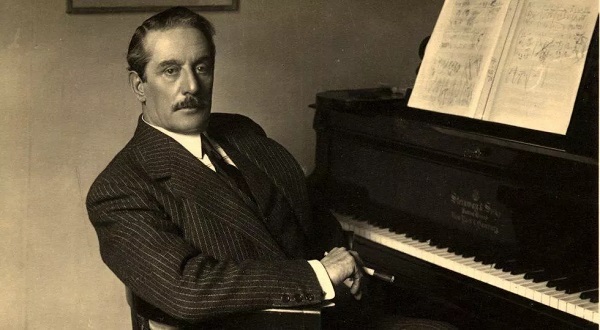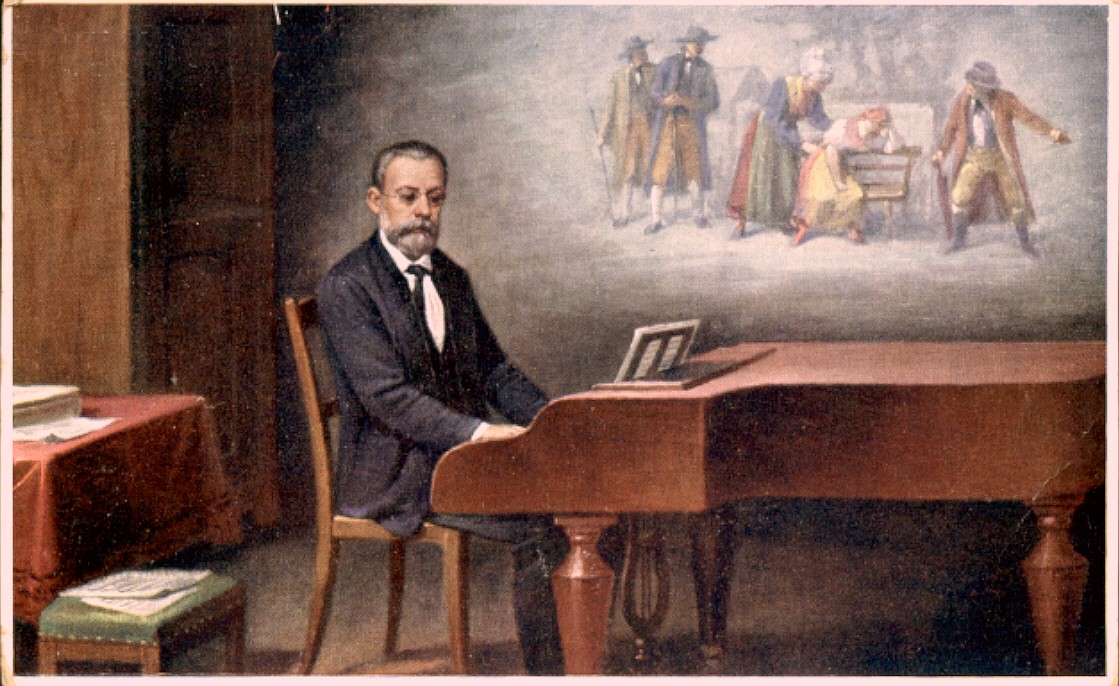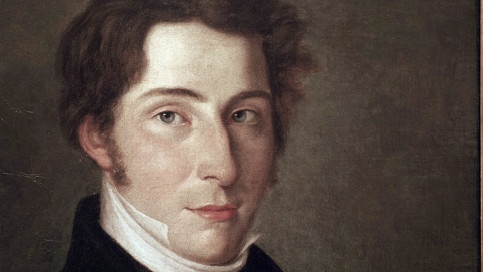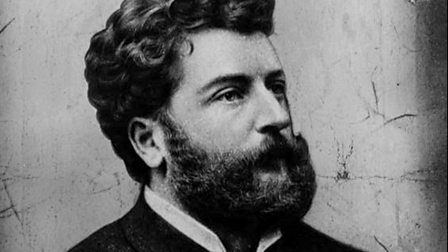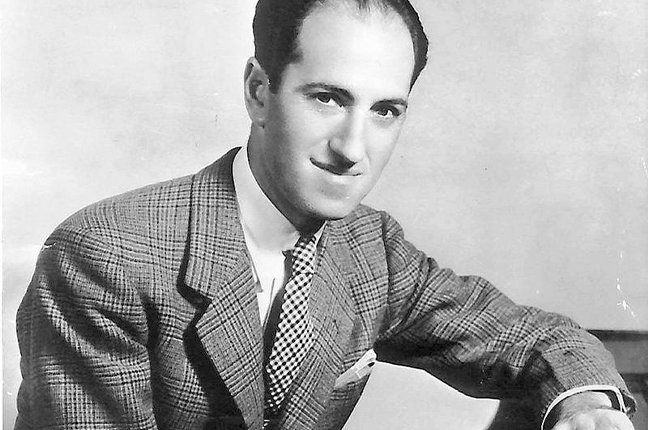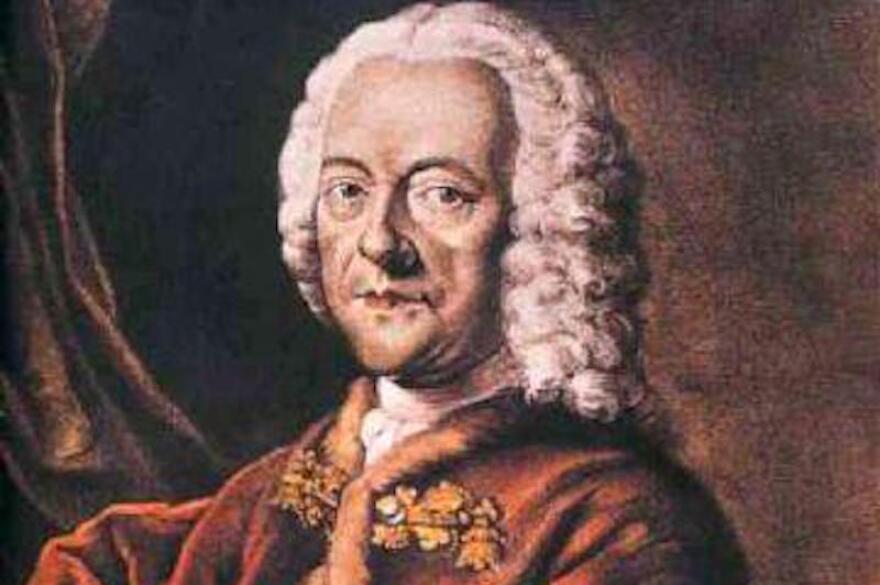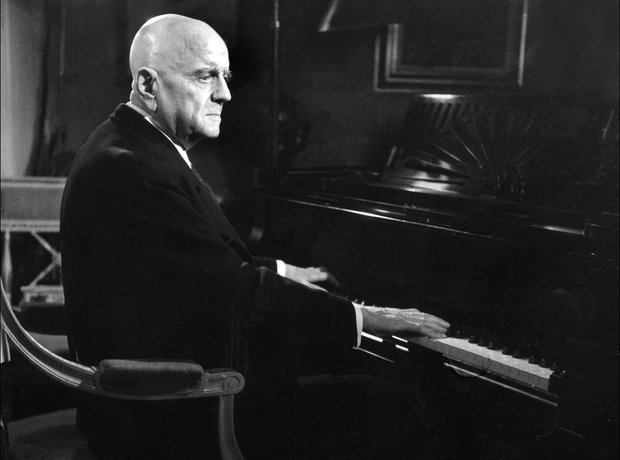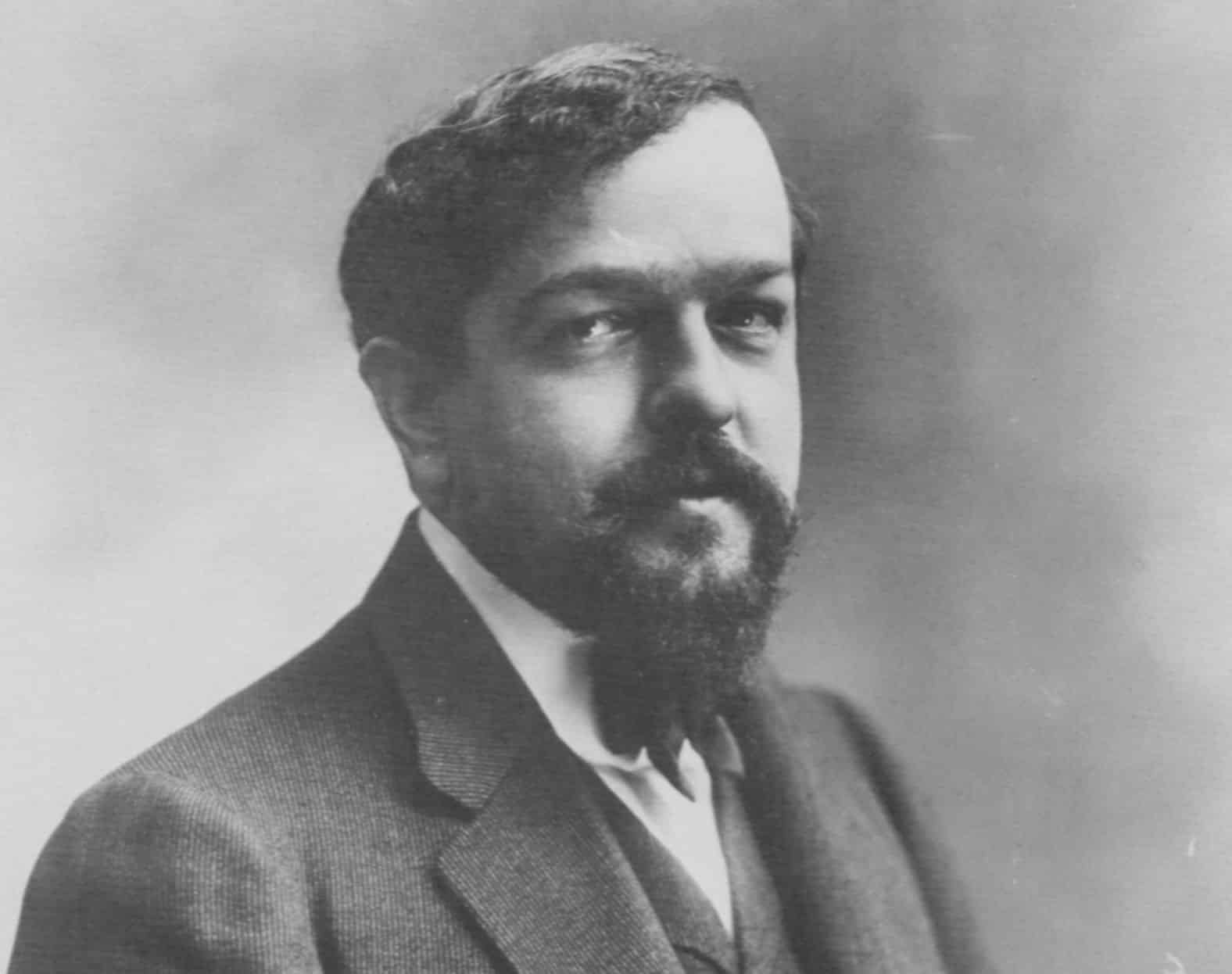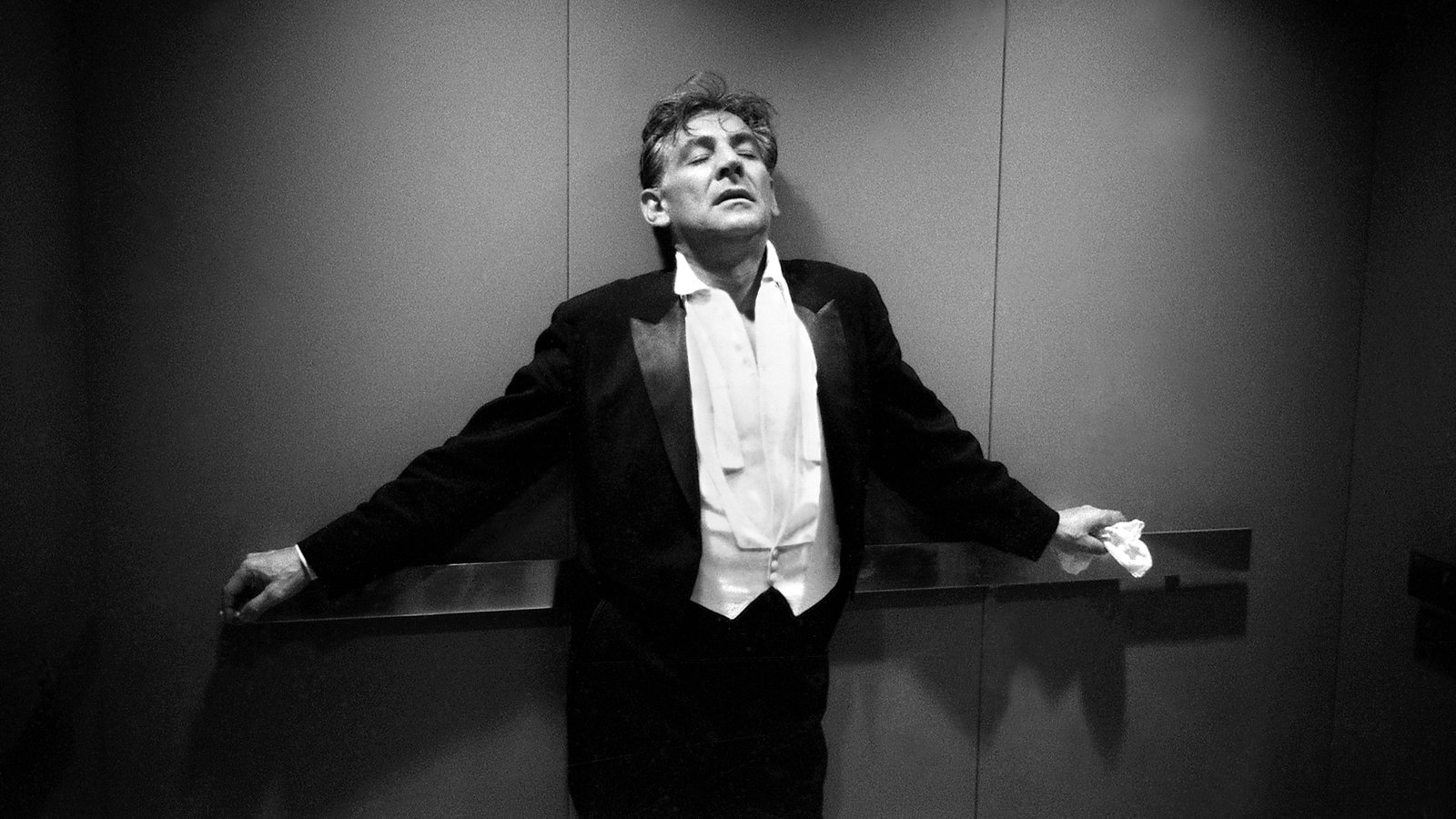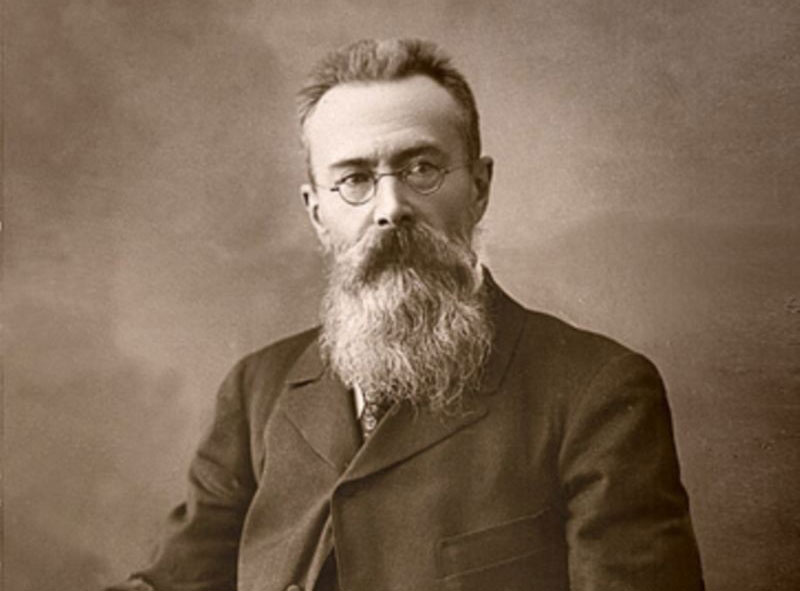Giacomo Puccini, an Italian composer from the late Romantic period, is celebrated for his masterful operas that have become staples in the repertoire of opera houses worldwide. Known for his lush melodies, emotional depth, and keen sense of drama, Puccini's works continue to captivate audiences. Here are ten of his most iconic compositions.
Carl Maria von Weber, a pivotal figure in the Romantic era of classical music, is celebrated for his contributions to opera, orchestral music, and chamber compositions. His innovative use of orchestration, melodic inventiveness, and exploration of new musical forms significantly influenced later composers like Wagner, Berlioz, and Liszt. Here, we explore ten of Weber's most outstanding compositions, each showcasing his genius and lasting impact on the world of classical music.
Georges Bizet, a French composer of the Romantic era, is best known for his operatic masterpiece "Carmen." His music, characterized by its memorable melodies, rich orchestration, and dramatic intensity, has left an indelible mark on the world of classical music. Here are the 10 best compositions by Georges Bizet, each showcasing his genius and versatility.
George Gershwin, one of America's most celebrated composers, has left an indelible mark on the world of music. His unique blend of classical, jazz, and popular music has captivated audiences for decades. Here, we explore ten of his most iconic compositions that showcase his genius and enduring legacy.
Jean Sibelius, Finland’s most celebrated composer, has left an indelible mark on the world of classical music. His works, characterized by their nationalistic fervor and profound emotional depth, continue to inspire and captivate audiences. Here, we explore ten of his most remarkable compositions that showcase his genius and enduring legacy.
Claude Debussy, a prominent figure in the world of classical music, is often regarded as the father of musical impressionism. His innovative approach to composition broke away from traditional harmonic structures, bringing a new sense of color, atmosphere, and expressiveness to music. Below are ten of his most celebrated compositions, each showcasing his unique talent and visionary approach.
Leonard Bernstein was one of the most influential figures in 20th-century music. As a composer, conductor, […]
Nikolai Rimsky-Korsakov, a member of the famous Russian "Mighty Handful," is celebrated for his masterful orchestration and richly evocative compositions. His works draw on Russian folklore, literature, and the natural world, combining these influences with his unparalleled sense of color and texture. Here, we explore ten of his finest compositions that have left an indelible mark on classical music.
